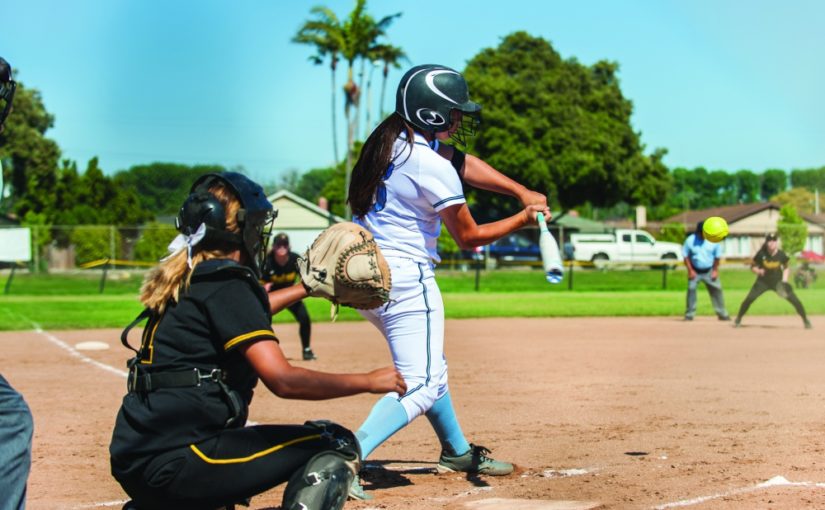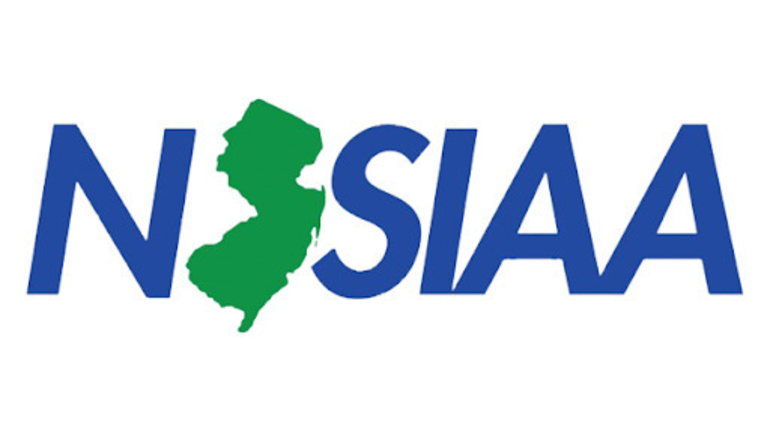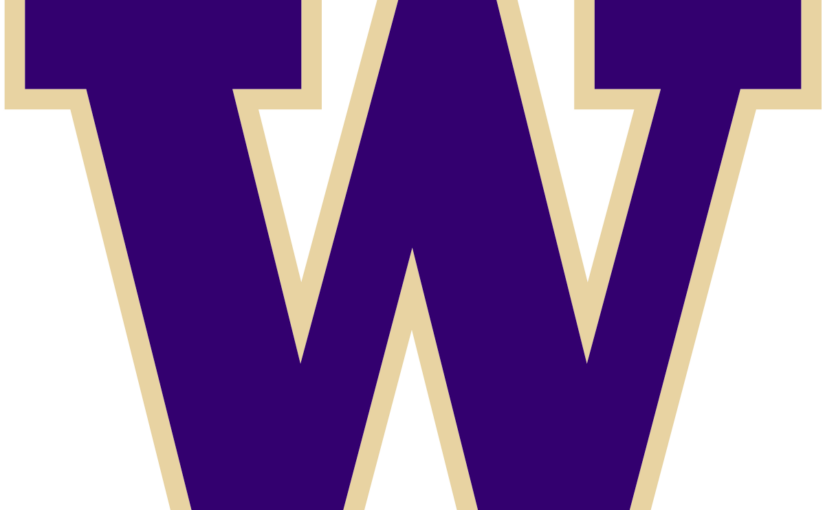I Want to Become an Athletic Director. Now what?
Athletic director, director of student activities, assistant principal for athletics, dean of athletics, and athletic program manager are just a few of the many titles associated with a position in interscholastic athletic administrator. But titles can be deceiving, and it can be a mistake to generalize the job or the work by just the title. If considering a move into administration, do your homework so you can be confident the move is the right decision for you.
For some teachers and coaches, the transition into athletic administration can seem like the next logical step in career advancement. Positions in athletic administration appear to require less formal education, training, or experience. However, nothing could be further from the truth. Like any career choice, whether applying as an “insider” or being new to the field, a position administering high school athletic programs takes more than just a desire; it takes specific training and certifications, knowledge, and experience.
 Begin preparing for a career in athletic administration by finding a mentor to help you understand the job and to assist you when it comes time to navigate the job market and the application process; it will save you valuable time and limit typical job search frustrations. A job can look one way to an outsider but hearing from someone in the field will provide valuable insight and knowledge regarding the position and the actual job skills needed to be successful.
Begin preparing for a career in athletic administration by finding a mentor to help you understand the job and to assist you when it comes time to navigate the job market and the application process; it will save you valuable time and limit typical job search frustrations. A job can look one way to an outsider but hearing from someone in the field will provide valuable insight and knowledge regarding the position and the actual job skills needed to be successful.
In today’s work environment, the high school athletic administrator can be all or part teacher, fundraiser, a marketer, event manager, public speaker, writer, risk manager, attorney, facility expert, human resource specialist, and disciplinarian, just to name a few of the many responsibilities that come with the position. Before beginning specific coursework or acquiring any licensing, it is smart to do some basic research with someone currently in the position.
Spend some time with a local high school athletic administrator to find out just why he or she got into their field, the basic requirements, and how he or she handles the many expectations that come with their position.
When practical, plan to attend a local, state, or national athletic administrators conference. The variety of work sessions available at a conference will provide you a wealth of information from people practicing their craft. Do not forget to visit hospitality events as the casual atmosphere will often offer some of the best real-life experiences and solutions to everyday challenges. Also, visiting the vendor area will provide you additional growth opportunities as you learn about all the equipment and supporting materials that come with each sport and sports facility.
The National Interscholastic Athletic Administrators Association (NIAAA.org) has an annual conference involving thousands of athletic administrators from all over the world. They offer a practical opportunity to learn and network. The NIAAA also offers an entire leadership training program for both experienced and novice athletic administrators. These programs are developed, written, and delivered by athletic directors for athletic directors, so take advantage of their expertise.
In interscholastic athletics, practical experience can often be more important than the best classroom instruction. While you clarify and secure any required credentials for a position, volunteer at your local high school to be a game manager, or become involved in some capacity running an actual event. It is one thing to write or speak about running a sporting event for an academic assignment but another to tell a potential employer you ran one. Each game, each event has its dynamics, and your success in gaining useful experience will be complemented by understanding the atmosphere that comes with different activities and sport populations.
Working athletic events will give you practical experience in managing extensive facilities, dealing with crowd control, evaluating events for safety, event set-up, and take-down, handling supporting activities like ticket taking, concessions, press box management, parking, and orchestrating all the additional activities like cheerleaders, bands, dance teams, half-time performers, and the media.
» ALSO SEE: Bloomsburg’s 5 Key to Handle the COVID Rebound in Athletics
As a volunteer, be especially sure to invest the time to become familiar with all the audiences affected by a comprehensive sports program. Athletes, coaches, officials, the general school population, parents, the community, local businesses, the school system, governing bodies, and the media all come with expectations. The successful interscholastic athletic administrator learns how to balance those expectations with the reality of available resources keeping experiences positive and programs inviting.
When building experiences, do not overlook any opportunity to learn about and to become familiar with the variety of paperwork that comes with an administrative position. Eligibility, event reports, contracts, evaluations, and addressing the flood of unsolicited letters, emails, and text messages all must be integrated into a typical workday. Shadowing an active, athletic administrator, sitting in on meetings, and listening to negotiations all play slowly into understanding how to scrutinize information best and orchestrate a conscious, well-thought-out decision. The experience will also allow an individual to practice proper time management.
The job of an interscholastic administrator is a challenging but rewarding one. Few positions in a school can have a direct impact on the culture and atmosphere of a school and community as the athletic director. Understanding the job requirements, having the correct credentials, and having some meaningful experience can give an aspiring athletic administrator a much clearer understanding of the nature of the position and go a long way to ensuring a career move was the right decision.





